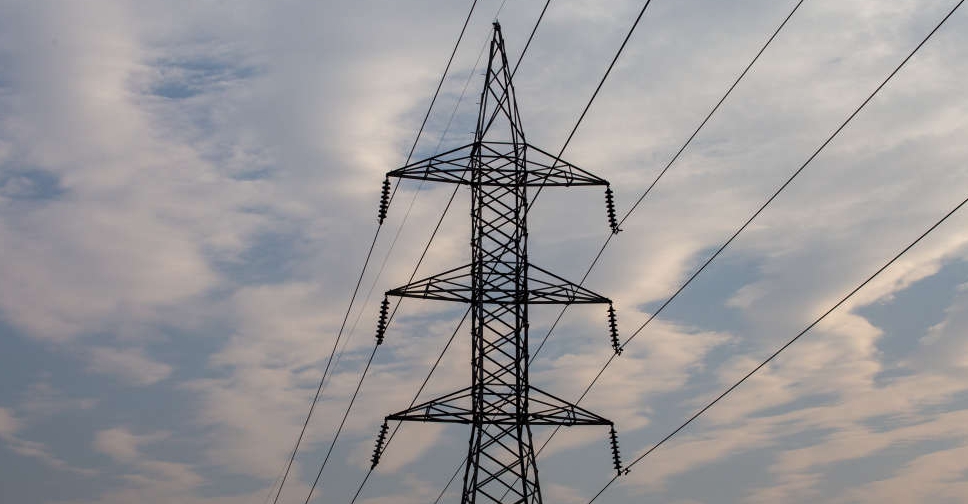Pakistan suffers main energy outage after grid failure

Shutterstock (For illustration)
Tens of hundreds of thousands of individuals in Pakistan have been left with out electrical energy on Monday, the ability ministry mentioned, reporting a second “major breakdown” of the nationwide grid over the past three months.
Factories, hospitals and colleges throughout the nation have been with out energy for hours after a voltage fluctuation within the grid occurred between the cities of Jamshoro and Dadu in southern Sindh province, energy minister Khurrum Dastagir mentioned.
“There was a fluctuation in voltage and the systems were shut down one by one. This is not a major crisis,” Dastagir advised Geo TV news channel.
Outages have been reported within the southern port metropolis of Karachi, the capital Islamabad, the japanese metropolis of Lahore and Peshawar within the north.
The sorry state of Pakistan’s energy sector is emblematic of an economic system that has lurched from one International Monetary Fund bail-out to the following, with electrical energy outages occurring often due lack funds to improve getting old infrastructure.
When the grid broke down in October it took a number of hours earlier than energy was restored.
In Peshawar, a metropolis of greater than 2.3 million individuals, some residents mentioned they have been unable to get consuming water as a result of the pumps have been powered by electrical energy.
Mohammad Asim, a spokesman for the town’s Lady Reading Hospital, the biggest in Khyber Pakhtunkhwa province, mentioned backup turbines have been used to supply uninterrupted electrical energy for the emergency ward, intensive care models, and laboratories.
The energy ministry issued an announcement saying that work was ongoing to revive the system, and the minister mentioned that electrical energy had been restored in some elements of the nation.
Pakistan has sufficient energy put in capability to fulfill the demand, particularly in winter, when it principally has a surplus.
But the nation lacks assets to run its oil and gas-powered vegetation and the sector is so closely in debt that it can’t afford to spend money on infrastructure and energy strains.
“Generators are too far from the load centres and transmission lines are too long and insufficient,” a prime energy official who didn’t need to be quoted as a result of he was not authorised to talk to the media, advised Reuters.

Source web site: www.dubai92.com
